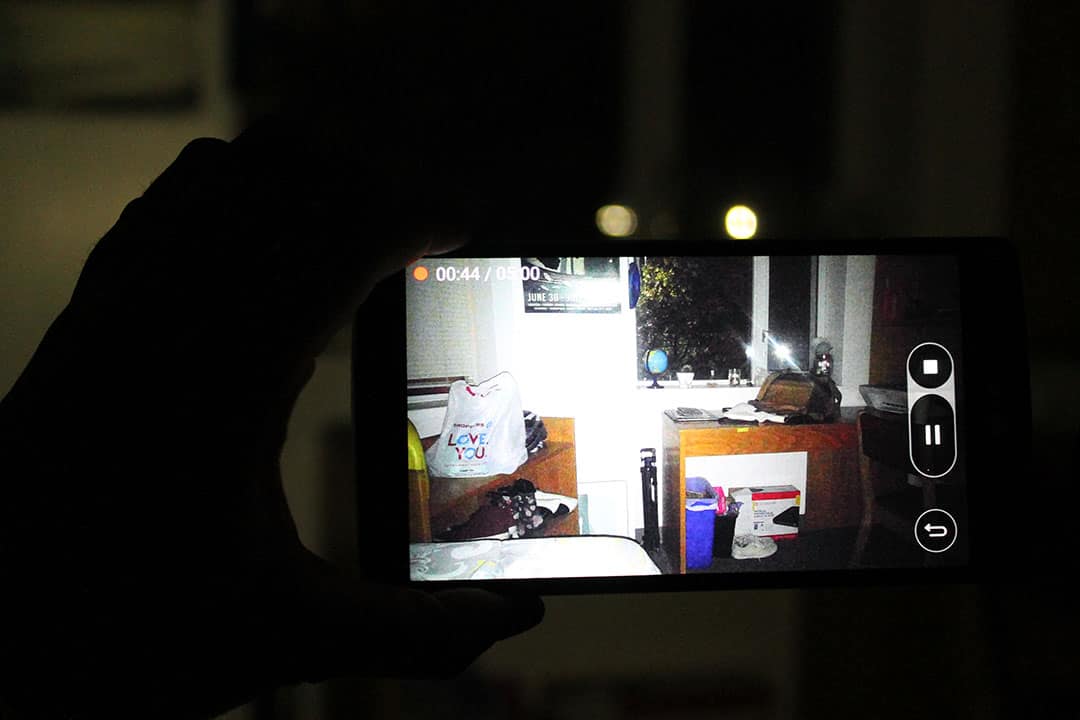Social media has slowly become a staple of our everyday lives. While it can be used to mobilize support for natural disasters or congratulate your Aunt Carol on her new baby, its wide appeal has a darker side.
Crimes posted online have become a prime example of the darker capabilities of the networks we use each day. In March 2017, a Facebook Live stream documented the gang rape of a 15-year-old in Chicago. While two arrests have since been made in the case, none of the 40 people who viewed the livestream reported it to Facebook.
Conversations around crime and harassment online tend to focus on the incompetence of social media services in protecting their users. However, social networking sites are decentralized, so it is unclear who is to blame when violent content goes unreported. In order for internet spaces to become safer, members of the online community should assume responsibility for monitoring and reporting livestreamed crimes.
In May, Mark Zuckerberg, the founder of Facebook, released a statement in response to an infamous murder in Cleveland, Ohio that was filmed and then shared on Facebook. He claimed that, to respond to what had happened, Facebook would employ 3,000 employees to scan their site for violent and inappropriate material resulting in better protection for their users. While this approach is a step in the right direction, it is impossible for a taskforce of social media police to detect every incident. If users are openly encouraged to report what they see, it is more likely that operators will know a crime is taking place on their platforms. A pressing concern is addressing the reasons why people may not report. University of California Los Angeles law professor Eugene Volokh told the Los Angeles Times that a possible explanation is desensitization: “People are so used to hoaxes and… fiction online that their first reaction, depending on the circumstances, may well be, ‘This is a joke,’” Voolokh explained.
Raymond Surrette, Professor of Criminal Justice at the University of Florida, explained in an interview with The Guardian that the lack of reporting may be due to the normalization of seeing too much. “A lot of younger people have grown up under self-surveillance. They are always on camera, taking pictures, selfies and driving towards the big umbrella of oversharing,” Surrette said.
Social networks like Facebook, which has over 2 billion users, are vast communities that often mimic behaviours humans have exhibited for decades. After the 1964 sexual assault and murder of Kitty Genovese, a woman whose cries for help were allegedly ignored by the residents in her apartment building, psychologists Bibb Latané and John Darley coined the term “bystander effect,” which describes a situation where the presence of others who could offer assistance discourages people from intervening.
A video from the Retro Report, a YouTube documentary channel that connects major news stories from the past to stories in today’s news cycle, suggests that the bystander effect continues to be relevant today. Experts in the video quipped that, while people who stumble upon livestreamed violence may acknowledge that what they are watching is horrifying, they simultaneously assume that someone else will eventually report it. The danger of everyone thinking in this way is that no one wants to be the first to intervene.
Combatting the bystander effect in digital spaces makes these spaces better for all. To report livestreamed and online violence is to not only protect the individuals you know, but to set a precedent for other users. Failing to make a statement is a statement in and of itself.
It is not unprecedented for social media platforms to be a part of this process. Facebook has been proactive in the area of cyber-bullying — their website provides comprehensive guides for children and parents on how to deal with online harassment. There are also easily accessible reporting tools.
In the analogue world, jurisdictions such as Québec and Brazil have put in place Good Samaritan laws to prompt action from those who witness crimes in progress. These laws are the result of societies grappling with how to engage citizens in dangerous situations, and their purpose is to legally protect people who give assistance to individuals in grave danger. The reasoning is that if protection is given, citizens will act without fear of legal repercussions for offering aid.
In Canada, there are no laws that require citizens to report crimes they see online. However, according to Daniel Tobok, an internationally recognized cybersecurity and digital forensics expert based in Toronto, a possible loophole could be a little-common section of the Criminal Code of Canada. Section 22 states that an individual who “omits to do anything for the purpose of aiding any person to commit” a crime is also responsible for that crime. This suggests that witnessing a livestreamed crime and not reporting it could possibly have repercussions, especially if the intent in doing so is to assist the perpetrator.
If we were taught to be caring toward one another before the emergence of the internet, we should continue to uphold that lesson now more than ever. It is time for us as social media users to take responsibility for the digital spaces we occupy.
Gabrielle Warren is a third-year student at Trinity College studying Political Science.


